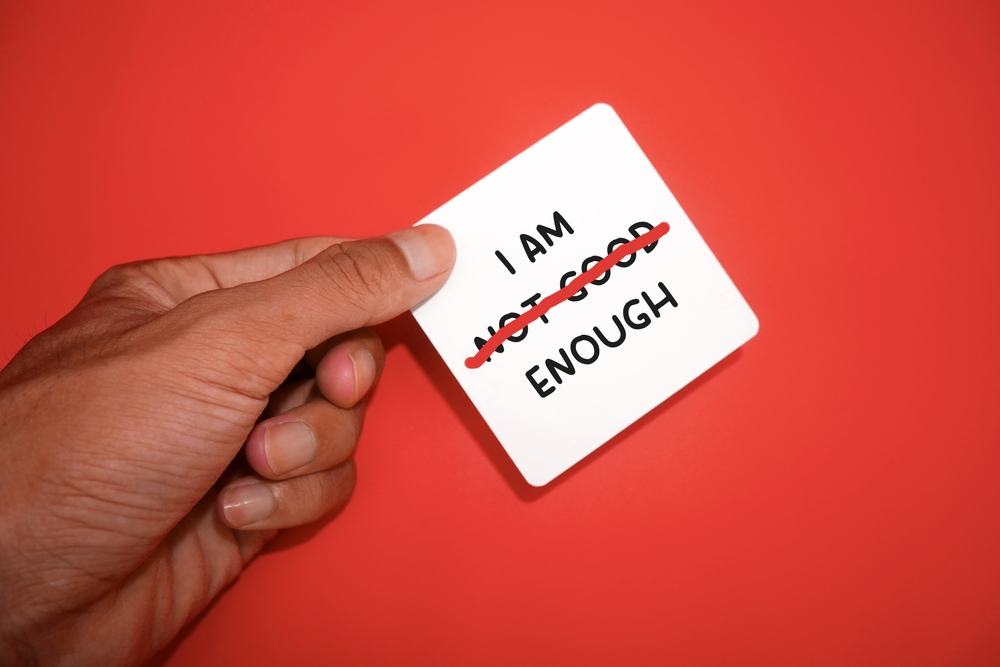If you have lost a loved one, experienced a natural disaster, or have had any other kind of loss that is causing you grief, it may feel like every day is a burden and things will never get better. But this doesn’t have to be true. Bereavement counseling helps with loss, so that you can find healthy ways to express your feelings and honor what you have lost while still moving forward with your life.
What is Bereavement Counseling?
Bereavement counseling is therapy provided by a psychotherapist to guide you through your feelings of loss and grief. It can be useful to people of any age and gender who are having trouble adjusting to life without an important person, or in the wake of a natural disaster or traumatic event. Not everyone needs the help of a psychotherapist to mourn. However, if your grief is interfering with your day-to-day life, or does not seem to be fading after several months, bereavement counseling can help you get unstuck and find a way forward.
Get help coping with loss.
Talk to a bereavement counselor about coping with grief today.
A Bereavement Counselor Knows the Stages of Grief Take All Forms
You may have heard of the “stages of grief”:
- Denial
- Anger
- Bargaining
- Depression
- Acceptance
It is true that many people experience these feelings and thoughts when mourning a loss. But popular culture can make it feel like this is a linear progression. In fact, grief can take many forms. You may find yourself slipping back and forth between “stages” and experiencing emotions such as:
- Shock
- Disbelief
- Anxiety
- Distress
- Anger
- Sadness
You may also experience physical symptoms such as insomnia or hypersomnia, loss of appetite, weight changes, headaches, or digestive issues.
There is no right way to grieve. The important thing is that you find a way to address your reactions and process the truth around your loss. Bereavement counseling can give you a framework to do that.
Bereavement Counseling is Often Short-Term Therapy
Most people experiencing grief do not need to work with a psychotherapist for an extended period of time. Unless the loss you have suffered has triggered an underlying mental health challenge, you may only need a course of short-term therapy to guide you back to stability and mental health.
When you experience a loss, especially of a close family member, confidant, spouse, or life partner, you may find yourself falling back into old habits, or relying on unhealthy coping strategies such as substance use, isolation, or emotional outbursts. Working with a bereavement counselor within the context of short-term therapy can help you be mindful of those unhealthy practices, and develop new strategies for addressing your grief.
Counseling Gives You a Safe Space to Express Your Grief
Grief and loss can hit the whole family at once. And that can make it hard for family members to grieve together. For example, often parents will have difficulty expressing grief around their children out of fear that they will not be able to understand or manage the strong emotions. Or if you and your spouse are both grieving, comparing your emotional responses can be harmful to one another, and your relationship.
In other cases, the loss you experience may remove a key part of your normal support structure. For example, if you are grieving the loss of a spouse or companion, they may be the very person you would normally go to to express those feelings. In these cases, a bereavement counselor can help by giving you a safe space where you have permission to be emotionally vulnerable and express how you are feeling without judgment.
Common Goals and Techniques in Bereavement Counseling
You have the power to control the purpose and direction of your bereavement counseling. You and your psychotherapist should discuss your situation and how your grief affects your everyday life, setting goals for what successful therapy might look like. These could include:
- Accepting the truth of the loss
- Adjusting to life after the loss
- Working through emotions of grief
- Learning coping mechanisms to manage moments of intense sorrow
- Maintaining connections with loved ones
- Preserving memories of the person, place, or thing that was lost
There are many strategies your psychotherapist could use to guide you toward those goals. Depending on your goals, and how you are experiencing your grief, your psychotherapist may:
- Guide you through talk therapy related to the loss
- Invite you to describe the person or thing you lost
- Give you writing prompts to journal about your loved one and preserve memories
- Ask you to describe your feelings
- Develop boundaries and coping mechanisms for painful events, including holidays
- Identifying unhealthy behaviors motivated or exaggerated by grief
- Maintain existing relationships and build new ones
- Redefine your identity without the person or thing lost
- Find ways to talk to loved ones, especially children, about the loss
Just like with any kind of therapy, no one strategy will work for everyone, and you may need to experiment to find the technique that works best for you. But with time, you and your psychotherapist can find a way through your grief, allowing you to move ahead into the next chapter of your life with happy memories and healthy emotional habits.
David Stanislaw is a psychotherapist with over 30 years of experience. He helps adults, teens and children with bereavement, grief, and other mental health concerns. Contact David Stanislaw to get help today.


 Are Childhood Family Patterns Affecting Your Marriage?
Are Childhood Family Patterns Affecting Your Marriage? 7 Ways Therapy Can Make You a Better Parent
7 Ways Therapy Can Make You a Better Parent Are Self-Destructive Behaviors Hurting You at Work?
Are Self-Destructive Behaviors Hurting You at Work?